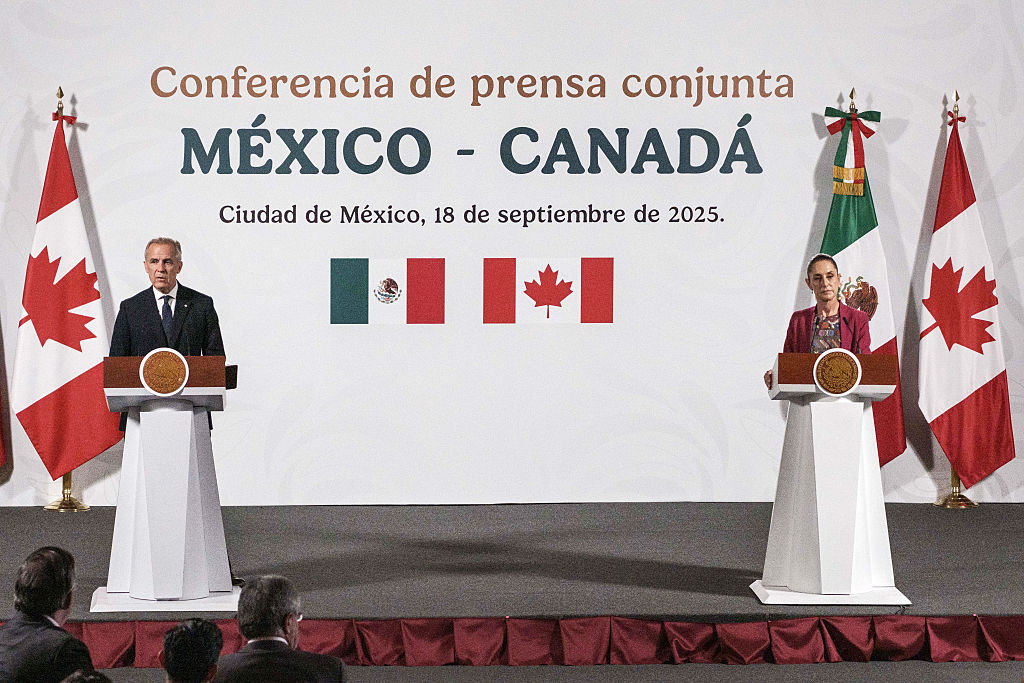USMCA Passage: The Win AMLO Needs in 2019
USMCA Passage: The Win AMLO Needs in 2019
The Mexican president understands that a competitive export economy is key for funding his social and development programs, writes AS/COA’s Anna Coby in Latin Trade.
After the month-long August recess, the U.S. Congress will resume debating the U.S.-Mexico-Canada Agreement (USMCA). At stake: the stability of interdependent supply chains that have weaved together over the past two decades and investor confidence in the industries that they support. A swift ratification would benefit all three countries, but it is particularly important for Mexico. Pressure is mounting on President Andrés Manuel López Obrador (popularly known as “AMLO”) to revitalize the economy before concluding his first year in office. AMLO has faced a challenging first year in office, made worse by a nearly 50 percent drop in the IMF’s 2019 growth projection of Mexico. The president is in need of a win in 2019 and the U.S. Congress is in a position to assist. By ratifying USMCA, Congress would strengthen the framework that supports more than $611 billion in bilateral trade and fortify the political capital of an integral partner.
AMLO won Mexico’s July 2018 elections by a landslide victory of 30 percentage points and with over 50 percent of the popular vote. As mayor of Mexico City from 2001–2005, he earned a track record as a pragmatic leftist, but as a presidential candidate he espoused major reforms to the country’s education and energy sectors. These mixed messages have cast doubt as to whether AMLO will maintain Mexico’s open economy or restructure it.
AMLO has eased investor concerns by endorsing USMCA. His transition team worked closely with the previous Peña Nieto administration to see USMCA through to its signing on November 30, 2018—one day before AMLO’s inauguration. As president, he understands that a competitive export economy is key for funding his ambitious social programs and development agenda.









